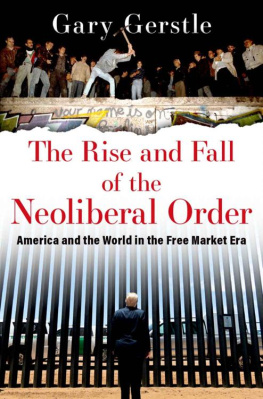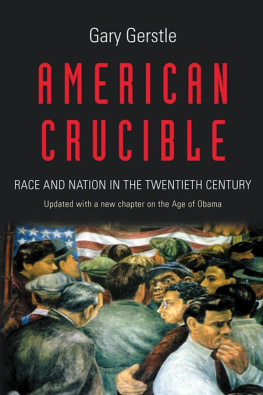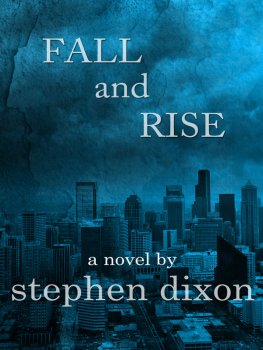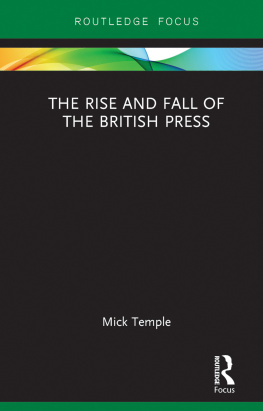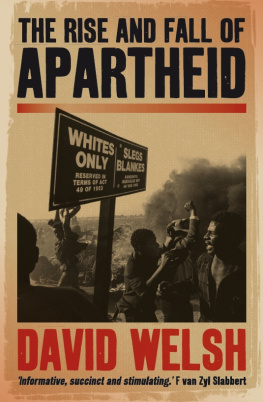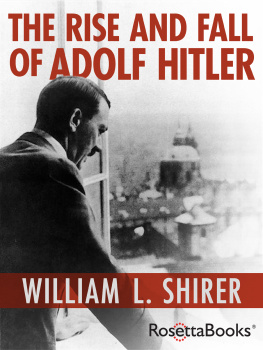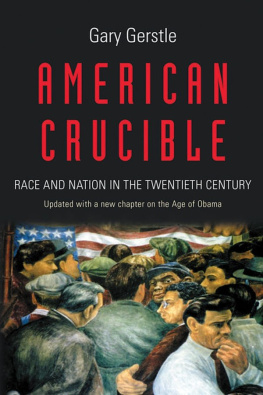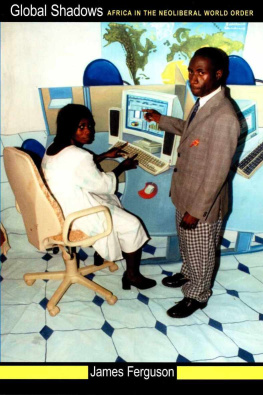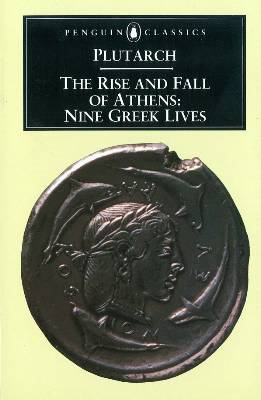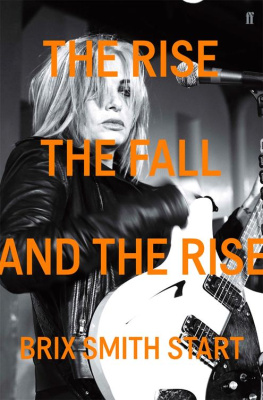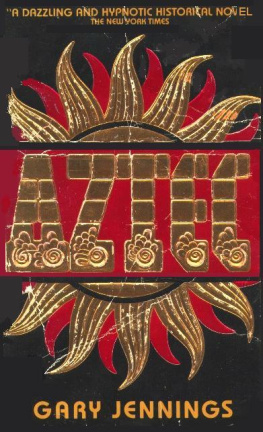Gary Gerstle - The Rise and Fall of the Neoliberal Order
Here you can read online Gary Gerstle - The Rise and Fall of the Neoliberal Order full text of the book (entire story) in english for free. Download pdf and epub, get meaning, cover and reviews about this ebook. year: 2022, publisher: Oxford University Press, genre: Politics. Description of the work, (preface) as well as reviews are available. Best literature library LitArk.com created for fans of good reading and offers a wide selection of genres:
Romance novel
Science fiction
Adventure
Detective
Science
History
Home and family
Prose
Art
Politics
Computer
Non-fiction
Religion
Business
Children
Humor
Choose a favorite category and find really read worthwhile books. Enjoy immersion in the world of imagination, feel the emotions of the characters or learn something new for yourself, make an fascinating discovery.
- Book:The Rise and Fall of the Neoliberal Order
- Author:
- Publisher:Oxford University Press
- Genre:
- Year:2022
- Rating:5 / 5
- Favourites:Add to favourites
- Your mark:
- 100
- 1
- 2
- 3
- 4
- 5
The Rise and Fall of the Neoliberal Order: summary, description and annotation
We offer to read an annotation, description, summary or preface (depends on what the author of the book "The Rise and Fall of the Neoliberal Order" wrote himself). If you haven't found the necessary information about the book — write in the comments, we will try to find it.
Gary Gerstle: author's other books
Who wrote The Rise and Fall of the Neoliberal Order? Find out the surname, the name of the author of the book and a list of all author's works by series.
The Rise and Fall of the Neoliberal Order — read online for free the complete book (whole text) full work
Below is the text of the book, divided by pages. System saving the place of the last page read, allows you to conveniently read the book "The Rise and Fall of the Neoliberal Order" online for free, without having to search again every time where you left off. Put a bookmark, and you can go to the page where you finished reading at any time.
Font size:
Interval:
Bookmark:

Gary Gerstle offers a brilliant, engaging, and provocative first-draft history of the last half century, a period sorely in need of scrutiny. With characteristic big-think flair, he shows that the neoliberal wisdom of that erathat markets would bring democracy, that the age of big government was overemerged from specific historical forces and circumstances. He also suggests that many of those ideas can and should now be consigned to the past.
Beverly Gage, Yale University Just beneath the surface of our fractured and polarized polity, Gary Gerstle argues that there has been a Neoliberal Order under which both parties worked in the 1990s and early 2000s. Even as they bitterly disagreed, the nations political debate moved far away from the class-based pillars of the New Deal. In another of his characteristically eye-opening analyses, Gerstle takes readers through the rise and fall of the political order that has shaped our leaders and electoratethat is, until powerful forces over the past decade, on the right and left, have opened the door to a new era.
Julian Zelizer, Princeton University

Gary Gerstle


Oxford University Press is a department of the University of Oxford. It furthers the Universitys objective of excellence in research, scholarship, and education by publishing worldwide. Oxford is a registered trade mark of Oxford University Press in the UK and certain other countries.
Published in the United States of America by Oxford University Press 198 Madison Avenue, New York, NY 10016, United States of America.
Gary Gerstle 2022
All rights reserved. No part of this publication may be reproduced, stored in a retrieval system, or transmitted, in any form or by any means, without the prior permission in writing of Oxford University Press, or as expressly permitted by law, by license, or under terms agreed with the appropriate reproduction rights organization. Inquiries concerning reproduction outside the scope of the above should be sent to the Rights Department, Oxford University Press, at the address above.
You must not circulate this work in any other form and you must impose this same condition on any acquirer.
Library of Congress Cataloging-in-Publication Data Names: Gerstle, Gary, 1954 author.
Title: The rise and fall of the neoliberal order : America and the world in the free market era / Gary Gerstle.
Description: New York, NY : Oxford University Press, 2022. |
Includes bibliographical references and index.
Identifiers: LCCN 2021056521 (print) | LCCN 2021056522 (ebook) |
ISBN 9780197519646 (hardcover) | ISBN 9780197519660 (epub) |
ISBN 9780197628751
Subjects: LCSH: NeoliberalismUnited StatesHistory. |
ConservatismUnited StatesHistory. | CapitalismPolitical aspects United StatesHistory. | Free enterpriseUnited States. |
United StatesForeign economic relations. | United States Foreign relations19451989. | United StatesForeign relations1989 Classification: LCC JC573.2.U6 G485 (print) | LCC JC573.2.U6 (ebook) |
DDC 320.510973dc23/eng/20220105
LC record available at https://lccn.loc.gov/2021056521
LC ebook record available at https://lccn.loc.gov/2021056522
DOI: 10.1093/oso/9780197519646.001.0001
For the Dinner Crew


this idea for this book was born at a 2015 University of California, Santa Barbara, conference to mark the 25th anniversary of The Rise and Fall of the New Deal Order, 19301980. The book took further shape across a series of Cambridge-Oxford-Harvard workshops on work and inequality in 20162017. It acquired depth in a 20182019 graduate studentfaculty neoliberalism study group at Cambridge. And it received critical inspiration at a 2018 Seattle conference that dared to imagine a politics lying beyond the neoliberal era. I owe a great deal to the organizers of these eventsNelson Lichtenstein, Alice OConnor, Jennifer Hochschild, Desmond King, Daniel Coleman, Richard Saich, Angus Burgin, Steven Teles, and Heather Boushey (and the Center for Equitable Growth).
I debuted my own thinking on The Rise and Fall of the Neoliberal Order in a lecture to the Royal Historical Society in 2017 and then refined that thinking for two keynote addresses, one at Oxford and another at the University of Chicago. The feedback I received from these lectures and on the publications that issued from them was incredibly helpful and encouraging. For that feedback, I wish to thank, in particular, Sven Beckert, Margot Canaday, Liz Clemens, Liz Cohen, Nancy Cott, Gareth Davies, Steve Fraser, Art Goldhammer, Joel Isaac, Alex Jacobs, Ira Katznelson, Russ Kazal, Desmond King, Robert Kuttner, Jonathan Lear, Jon Levy, Nelson Lichtenstein, Peter Mandler, Lisa McGirr, William Novak, Alice OConnor, Christopher Phelps, Daniel Rowe, Barbara Savage, Steve Sawyer, Stephen Skowronek, Adam Smith, and Jim Sparrow. I also wish to acknowledge the generous Cambridge University Press policy that has allowed me to reproduce in this book portions of an article that first appeared in the 2018 Transactions of the Royal Historical Society.
I intended to debut a key chapter of this book () at the 2020 Annual Meeting of the Organization of American Historians. When the pandemic made that presentation impossible, three of the commentators who had signed on for the session kindly agreed to carry out a private Zoom workshop with me. Angus Burgin, Melinda Cooper, and Quinn Slobodian delivered commentaries that were learned and penetrating. Margot Canaday and Ira Katznelson later weighed in with their own insightful readings of the chapter. Im not sure I have addressed all of these readers concerns, but their comments helped me to lift my thinking on the genealogy of liberalism and neoliberalism to a higher level.
At Cambridge, I have been privileged to be part of a remarkably robust and engaged group of Americanists, including Andrew Preston, Sarah Pearsall (recently departed for Johns Hopkins), Nick Guyatt, Julia Guarneri, Bobby Lee and John Thompson; visiting Pitt professors Margaret Jacobs, Barry Eichengreen, Ira Katznelson, Heather Thompson, Naomi Lamoreaux, Kathleen Brown, and Theresa Singleton; Mellon fellows Stephen Mawdsley, Seth Archer, Emma Teitelman, and Emily Snyder; a talented array of junior research fellows who year-in and year-out enliven and replenish our ranks; and the spirited Cambridge American History Seminar that has persisted through strikes, storms, and a pandemic.
Beyond the ranks of American historians, I wish to thank these Cambridge colleagues: Peter Mandler, my stalwart friend and comrade; Joel Isaac (now at the University of Chicago), Saul Dubow, and Eugenio Biagini, co-editors and co-authors on projects addressing themes similar to those I explore here; David Runciman, Helen Thompson, and Catherine Carr, all of
Font size:
Interval:
Bookmark:
Similar books «The Rise and Fall of the Neoliberal Order»
Look at similar books to The Rise and Fall of the Neoliberal Order. We have selected literature similar in name and meaning in the hope of providing readers with more options to find new, interesting, not yet read works.
Discussion, reviews of the book The Rise and Fall of the Neoliberal Order and just readers' own opinions. Leave your comments, write what you think about the work, its meaning or the main characters. Specify what exactly you liked and what you didn't like, and why you think so.

